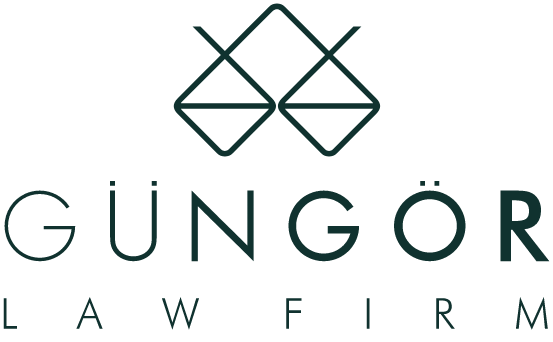Political Agreement on EU's Supply Chain Due Diligence Directive
On 14 December 2023, it was announced by the relevant representatives of the European Council and the European Parliament that the European Union had reached political agreement on the draft "Corporate Sustainability Due Diligence Directive" (“Draft Directive” “CSDDD” or “CS3D“).
Although a political agreement between EU countries has been reached, some of the prominent topics regarding the Draft Directive will undergo intensive technical work to be finalized in the coming days, are as follows:
What Does the Draft Directive Regulate?
The Draft Directive aims to ensure sustainability at all stages of a company's supply chain. The Directive establishes a due diligence obligation for companies to develop a corporate response to protect human rights and the environment. The Draft Directive stipulates that companies have a due diligence obligation with regard to the actions and violations that may occur within their own business and in the companies belonging to their supply chain. Therefore, it is possible for a company to be liable for their suppliers actions.
Which Companies Would be Under the Scope of Draft Directive?
According to the Draft Directive, those companies will fall under the scope of the Directive:
- Companies with more than 500 employees and an annual worldwide turnover of more than €150 million,
- Companies with more than 250 employees and an annual worldwide turnover of more than €40 million in the high-risk sectors (textile, food and agriculture and mining).
- It is also important to note that companies which are not established in the EU but generate enough of their annual turnover within the EU, shall also comply with the Directive.
Which Fundamental Rights are Regulated Under the Draft Directive?
The draft directive sets out a number of human and labour rights that companies must ensure are respected, both within their own organisation and in their supply chains. It also sets out the requirements for environmental protection. In particular, the fundamental rights and freedoms of workers, such as the right to life and the right to develop, the right to work, and the prohibition of child and forced labour, must be respected.
Environmentally, compliance with the Minamata Convention on the Use of Mercury, the Stockholm Convention on Persistent Organic Pollutants and the Basel Convention on the Control of Transboundary Movements of Hazardous Wastes and their Disposal should be ensured. In addition, other fundamental rights and freedoms and environmental issues are regulated under the draft Directive, and it is necessary to comply with these provisions and to fulfil the due diligence obligations in these matters.
In addition, companies also have a due diligence obligation not to take any other action that is not covered by the specific rights and prohibitions set out in the Draft Directive, but which would result as an infringement of a right or an interest of someone protected by the Directive.
What are the Significant Due Diligence Obligations?
Some of the obligations foreseen in the Draft Directive are as follows:
- Establishment of company policies and procedures
- Identifying risks in the supply chain
- Mitigating the effects of non-compliance
- Establishment of a complaints procedure
- Regular auditing of the company's compliance
- Reporting
What are the Possible Penalties?
The administrative penalties will be proportionate to the annual turnover of the companies. The breached obligation, the efforts of the company to remedy the breach, the measures taken and the overall situation within the supply chain will be taken into account when deciding the penalty. It has been drafted that this ratio may not exceed 5% of the annual turnover of the previous financial year.
The Future of the Draft Directive
In order for the politically agreed draft Directive to be adopted, it must first be approved by the Legal Affairs Committee and then by the European Parliament and lastly at the European Council.
If the Directive can be adopted in 2024, it is expected to enter into force in 2025.
Sustainability Goals and Regulations in the European Union
The Draft Directive is not the only regulation prepared by the European Union to achieve the sustainability objectives in the Union. The Draft Directive complements other regulations for ensuring sustainability in commercial life together with regulations such as; Whistleblowers Directive, Deforestation Regulation, Conflict Minerals Regulation and Draft Regulation Prohibiting Products Made with Forced Labour.
For your information
GÜNGÖR LAW FIRM
